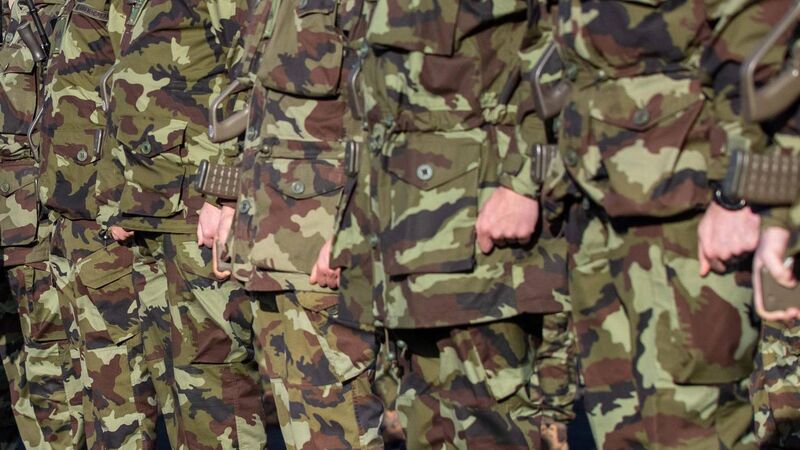Boosting Defence Forces to promised 11,500 personnel 'not achievable'

Government’s promise to increase personnel levels to a minimum strength of 11,500 is not realistic or achievable under the current policies, Defence Minister Simon Coveney told
The association representing the country’s military officers doesn’t believe the Defence Forces strength can be increased to the promised 11,500 personnel by 2028 and the officers do not think Defence Minister Simon Coveney believes it is achievable either.
Raco, which represents the country’s 1,100 officers in the army, navy and air corps, says the only way this increase can be achieved is by creating proper retention policies, which have been lacking for years — resulting in the Defence Forces' strength falling to about 8,000 personnel.










